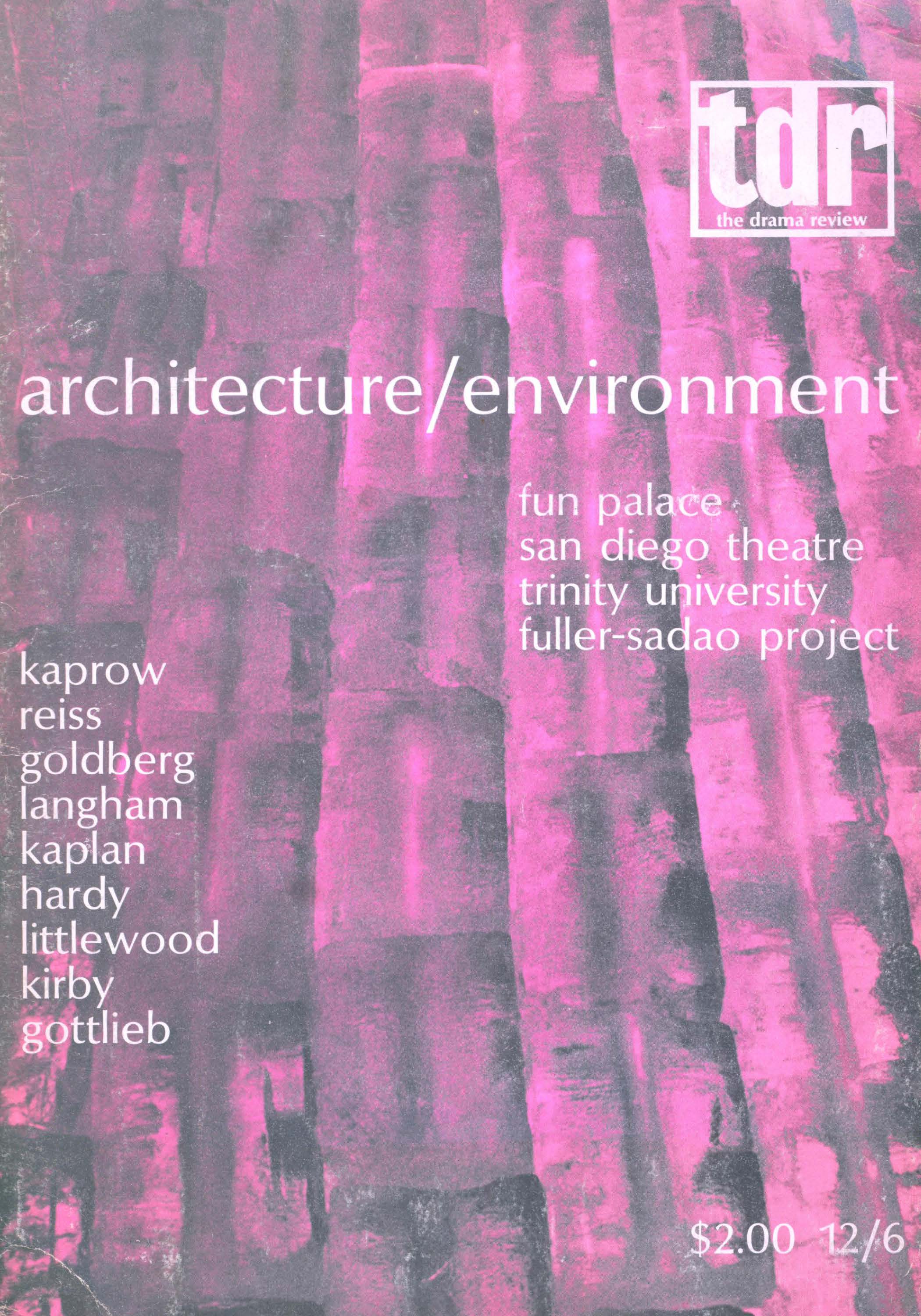No CrossRef data available.
Article contents
Organizational Mediation: The Paris Commune Theatre Law
Published online by Cambridge University Press: 07 December 2021
Extract
To be radical means to grasp things by the root.
And the root for man is man himself.
—Karl Marx, “Toward the Critique of Hegel's Philosophy of Law” (1843)And the root for theatre is people showing forth human relations to people.
—a corollary (1969)In a certain sense, politics—the organization of people's living together—is always implicit in the theatre performance, whose one defining trait is the presence of figures showing forth human relations in the “holy circle” of the stage. The only matter of special interest here is to find out when, why, and how the normative framework of human relations on the stage begins to differ so radically from a code acceptable to the audience that the performance has to explicate, thematize, and make programmatic its new and strange ethics and politics.
- Type
- Research Article
- Information
- Copyright
- Copyright © 1969 The Drama Review
References
1 Urbain's reference to “vile spectacles” and Vaillant's later reference to economic and sexual exploitation of theatre people were based on theatre life during Napoleon III, which favored not only frivolity but a systematic voyeurist eroticism, which was, in the government opinion, a good channeling of energies which might elsewhere have been more dangerously employed. A dancer, for example, was supposed to provide all her many necessary dresses herself, which meant practically that all dancers had to be mistresses of rich Parisians; the situation of singers and leading actresses was not very different—cf. Zola's Nana.
2 The chairman of that session was D. T. Régère; the present member of the executive was Eugene Pottier, a designer and also member of the executive of the Paris Artists' Federation—who was, a few weeks after the session, in hiding from the Versailles terror, to write the words for the song L'Internationale.
3 In these instances, I have interpolated “into matters of art,” “instead,” “it demands that,” and “to the worker” into a text which, even as minutes, seems obviously to demand it.
4 Both Berry and Beauce are rural provinces in the heart of France, presumably very far—geographically and in tastes—from Paris theatre, especially from opera.
5 I have interpolated “as far as supervision goes” because the text seems to demand it.
6 I have changed “your proposal” into “Vaillant's proposal” because Pyat was obviously not referring to Vésinier's amendment but back to the mainstream of the debate.


